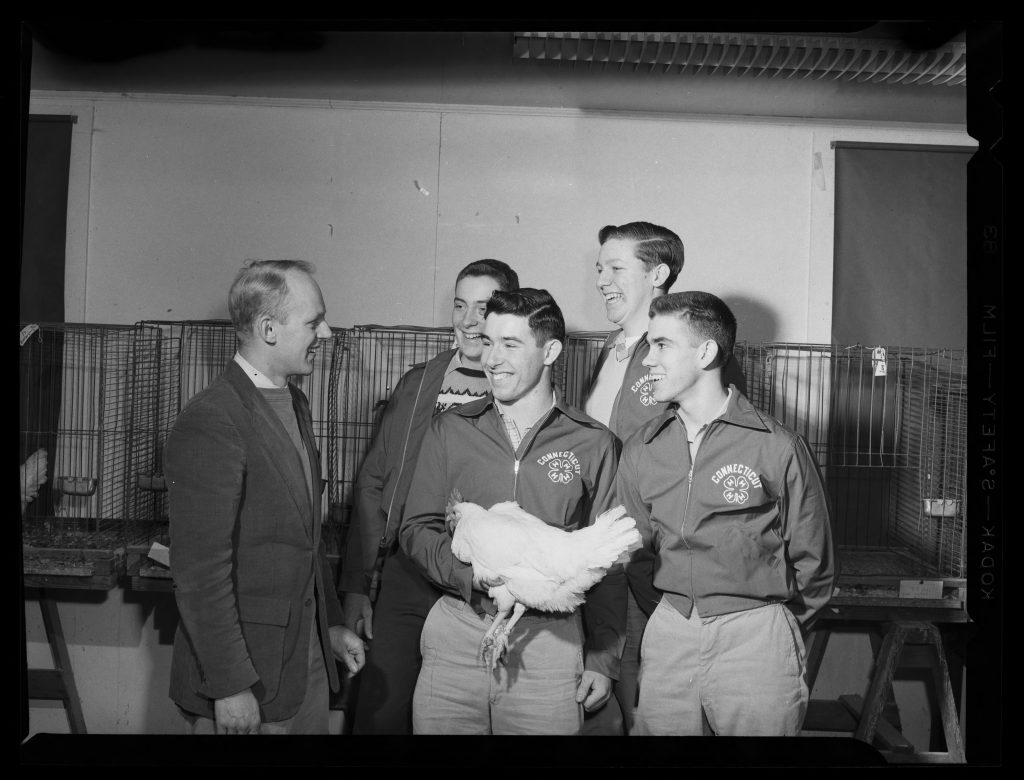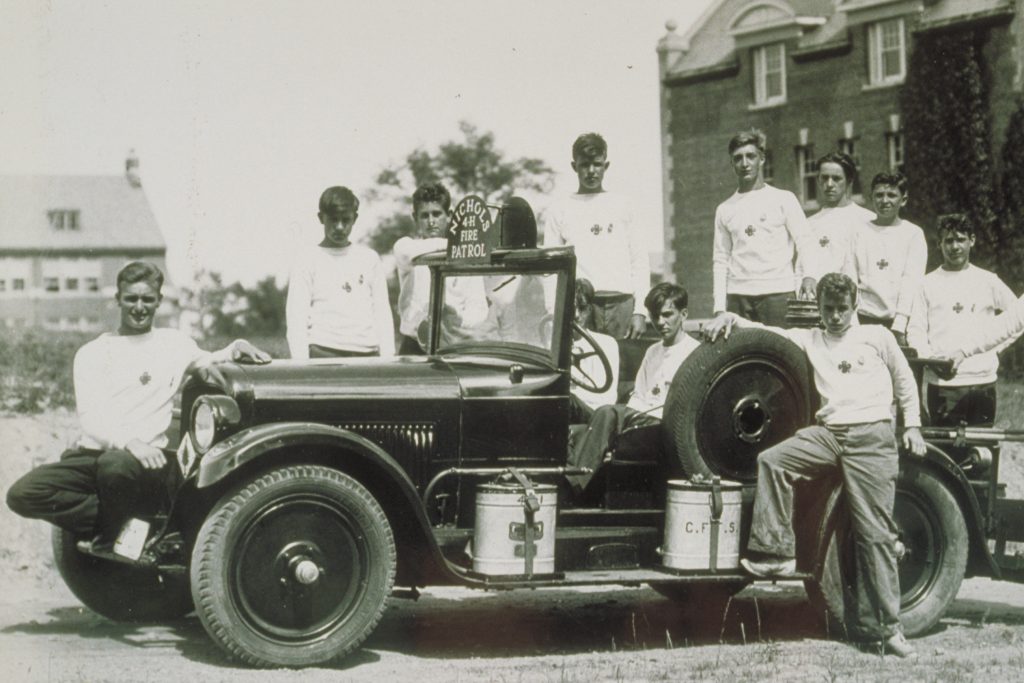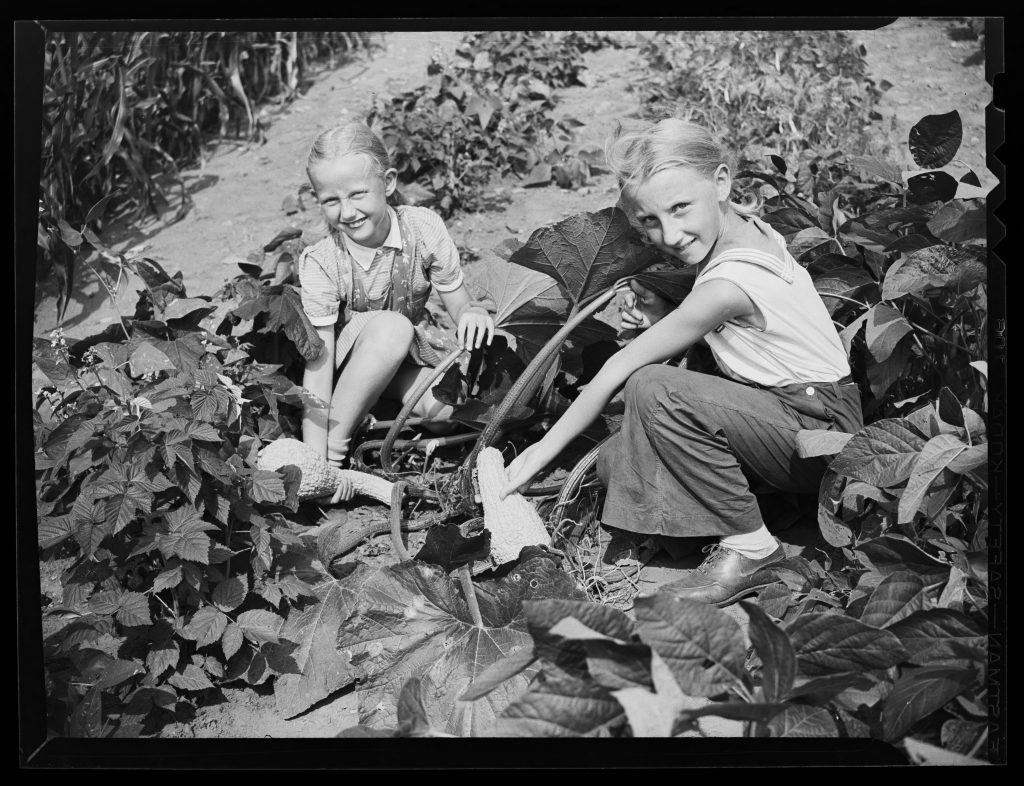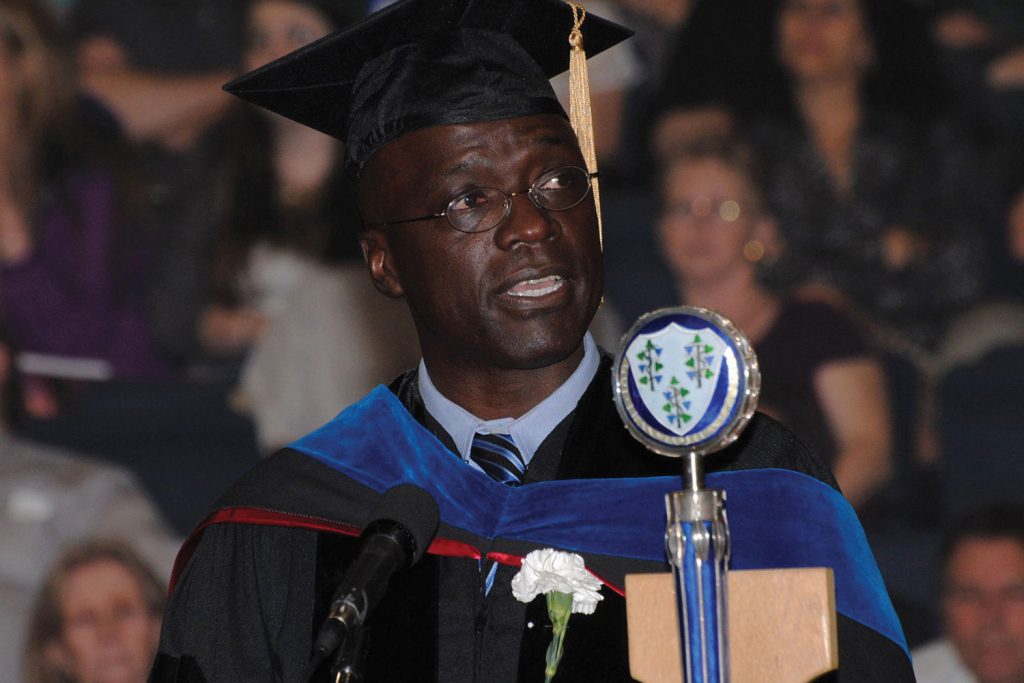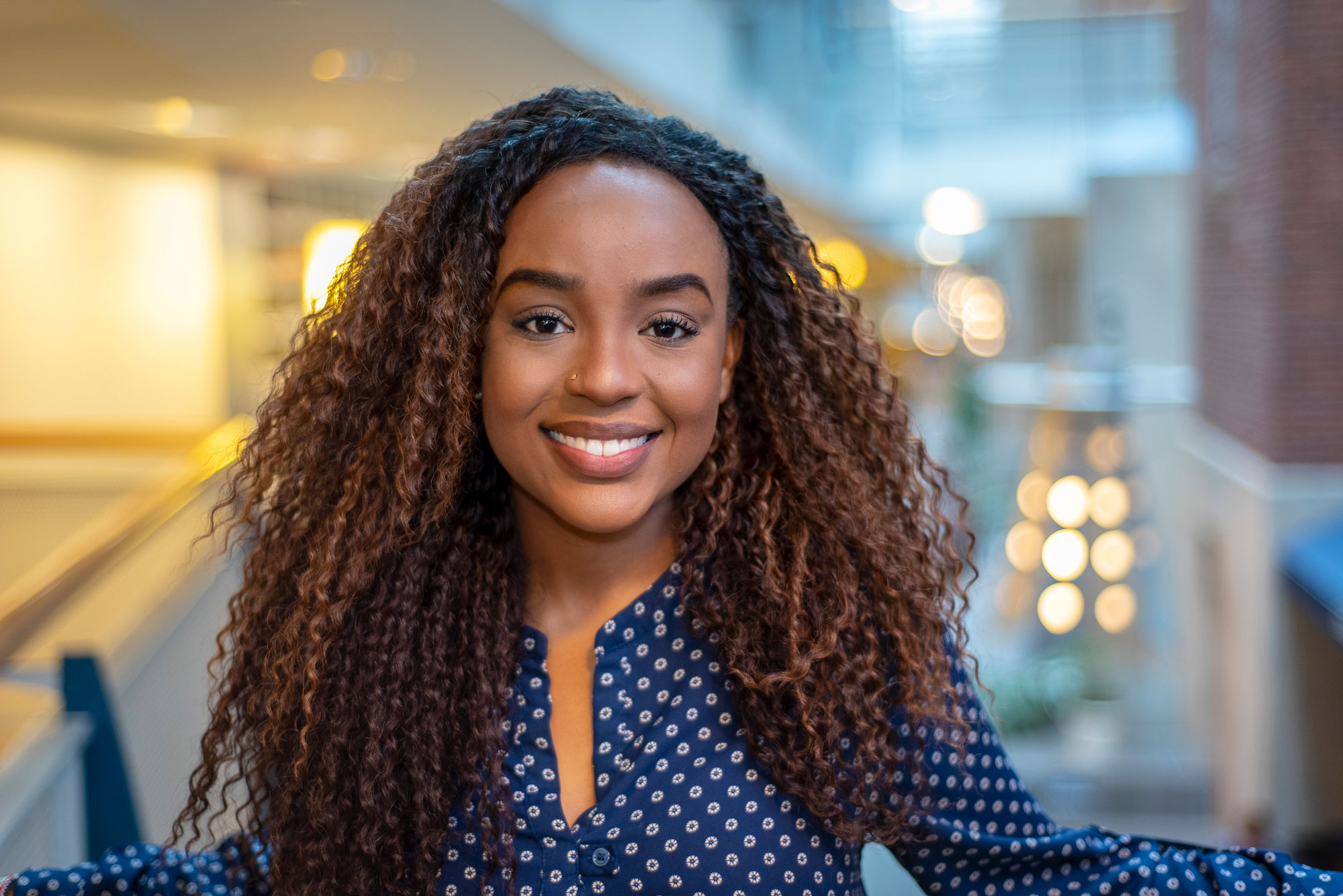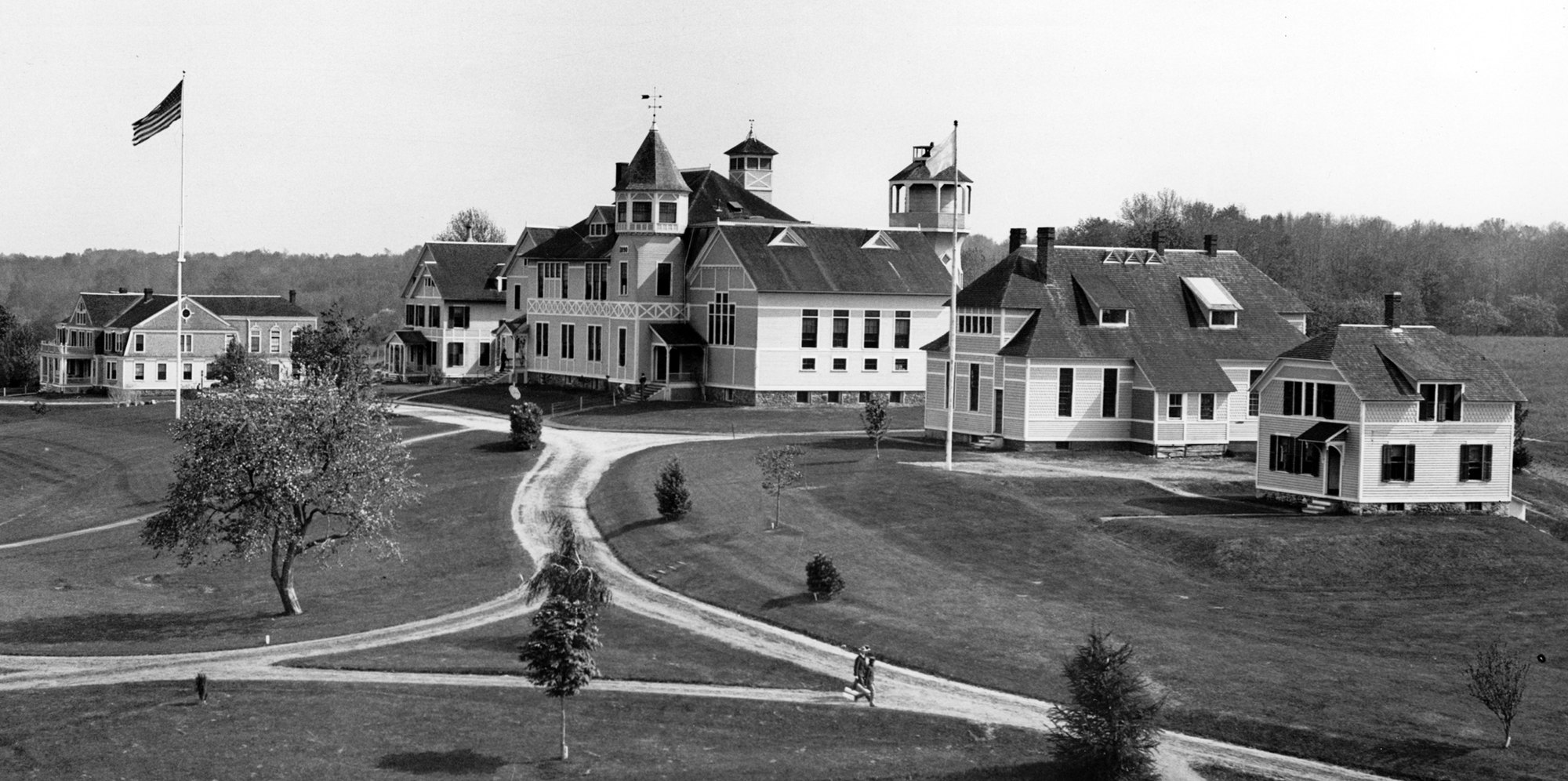
The Foundation of UConn
The College of Agriculture, Health and Natural Resources (CAHNR) is the foundation of the University of Connecticut and the cornerstone of the institution’s storied history. Founded in 1881 as the Storrs Agricultural College, the institution was not part of the original land grant university system. However, in 1893, in response to requests by farmers and rural communities, lawmakers moved the land grant university designation from Yale University to the Storrs Agricultural College. Since that time, UConn CAHNR has been a leader in research, teaching, and Extension in the state and across the nation.
Legacy of Innovation
Since the College’s earliest days, our internationally recognized faculty have had an impact on their fields, industry, and the communities we serve.
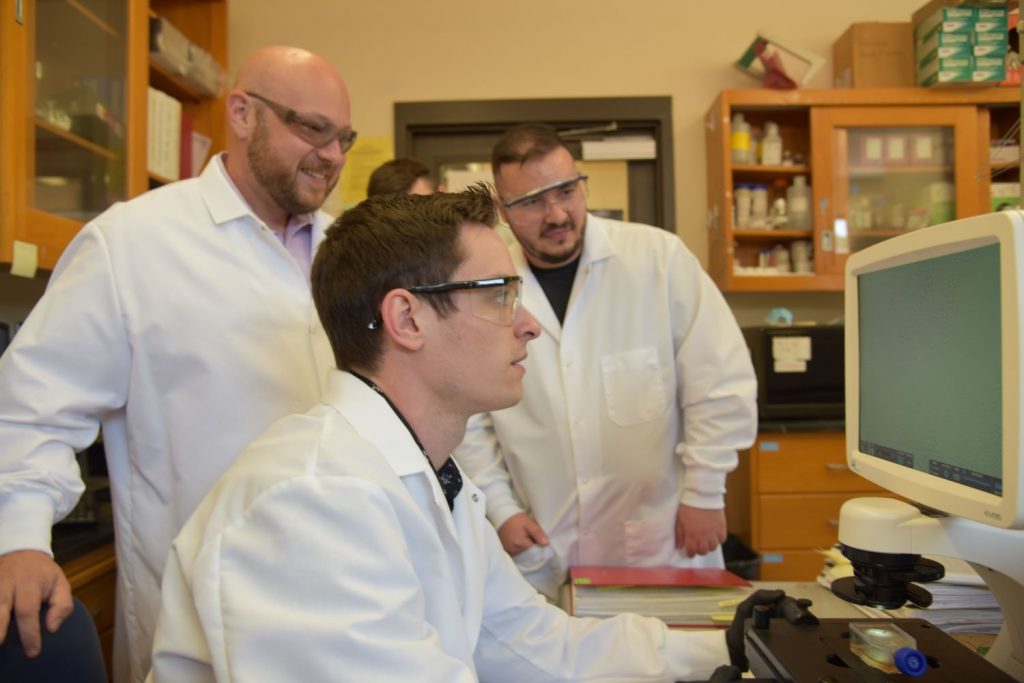
Vaccine Technology
In 1961 Roy Luginbuhl, a professor in the Department of Animal Diseases, which would later become CAHNR’s Department of Pathobiology and Veterinary Science, founded SPAFAS, Inc., which stands for Specific Pathogen Free Avian Supplies. This was the first company to commercially produce eggs that were specific pathogen-free (SPF), a critical component for the development of some human and animal vaccines. The vaccine technology developed by SPAFAS would go on to be licensed by many other companies in the decades that followed. The use of SPF eggs is now required by the FDA, USDA, and European Pharmacopeia for vaccine production.
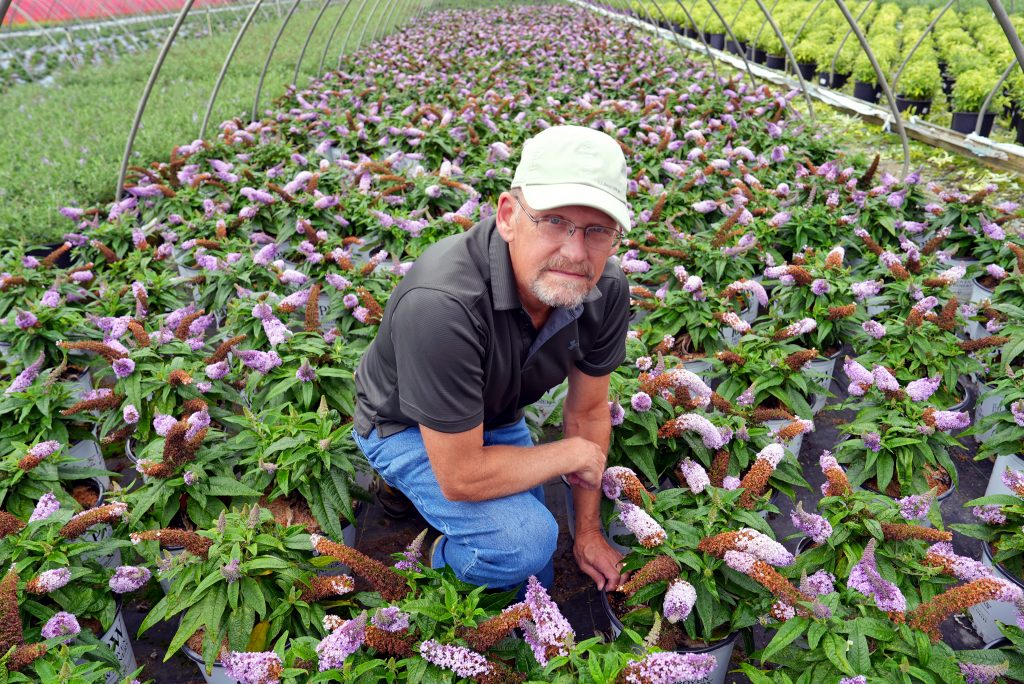
Plant Patents
Many of UConn’s most successful inventions stem from hybrid plant cultivars like the flowering sandcherry and hardy rhododendrons developed by professor Gustav “Gus” Mehlquist (1906-1999) beginning in 1958. Mark Brand, professor of horticulture in UConn’s Department of Plant Science and Landscape Architecture, has created sterile versions of invasive plants like the Japanese barberry and has commercialized several of his cultivars. Brand’s unique plants are distributed through Monrovia nurseries, Prides Corner Farms, and Spring Meadow Nursery. They can be purchased at garden centers around the country.
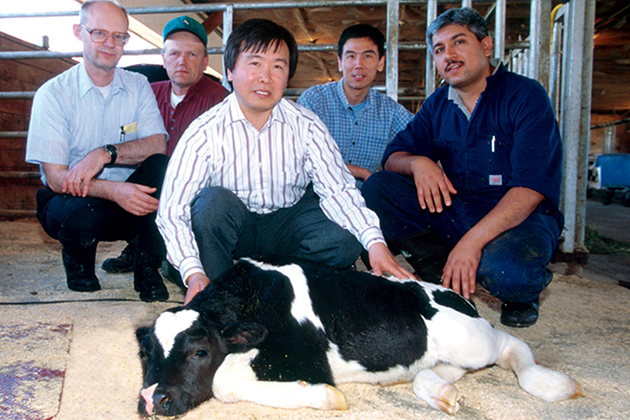
Genetic Giants
No history of innovation at CAHNR would be complete without Jerry Yang, a professor in the Department of Animal Science, and Amy, the first farm animal cloned in the U.S. and first cloned cow in the world. Yang successfully cloned Amy, a member of UConn’s award-winning herd of cows, in 1999. Amy and successive clones created by Yang helped to dispel doubts about the health and longevity of clones, and prove to the Food and Drug Administration that cloned animals are safe to eat. The University commemorated Yang’s achievement and memory by naming the road that leads to the UConn Dairy Bar Jerry Yang Road.
Notable Alumni
CAHNR graduates enter the world ready to make a difference. Many of our alumni have left their mark on their respective fields, from starting thriving businesses to winning a Nobel Peace Prize.
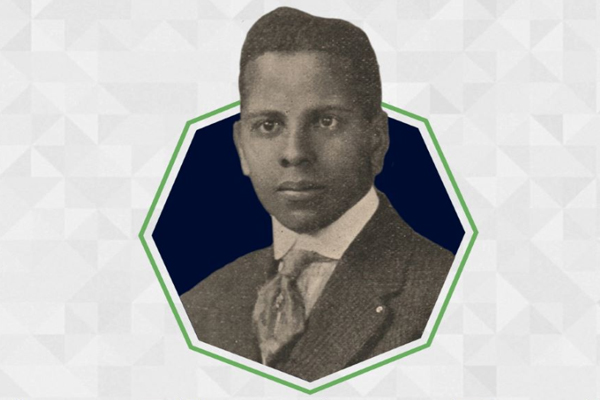
Professor of Animal Husbandry, Lincoln University, UConn’s First Black Graduate
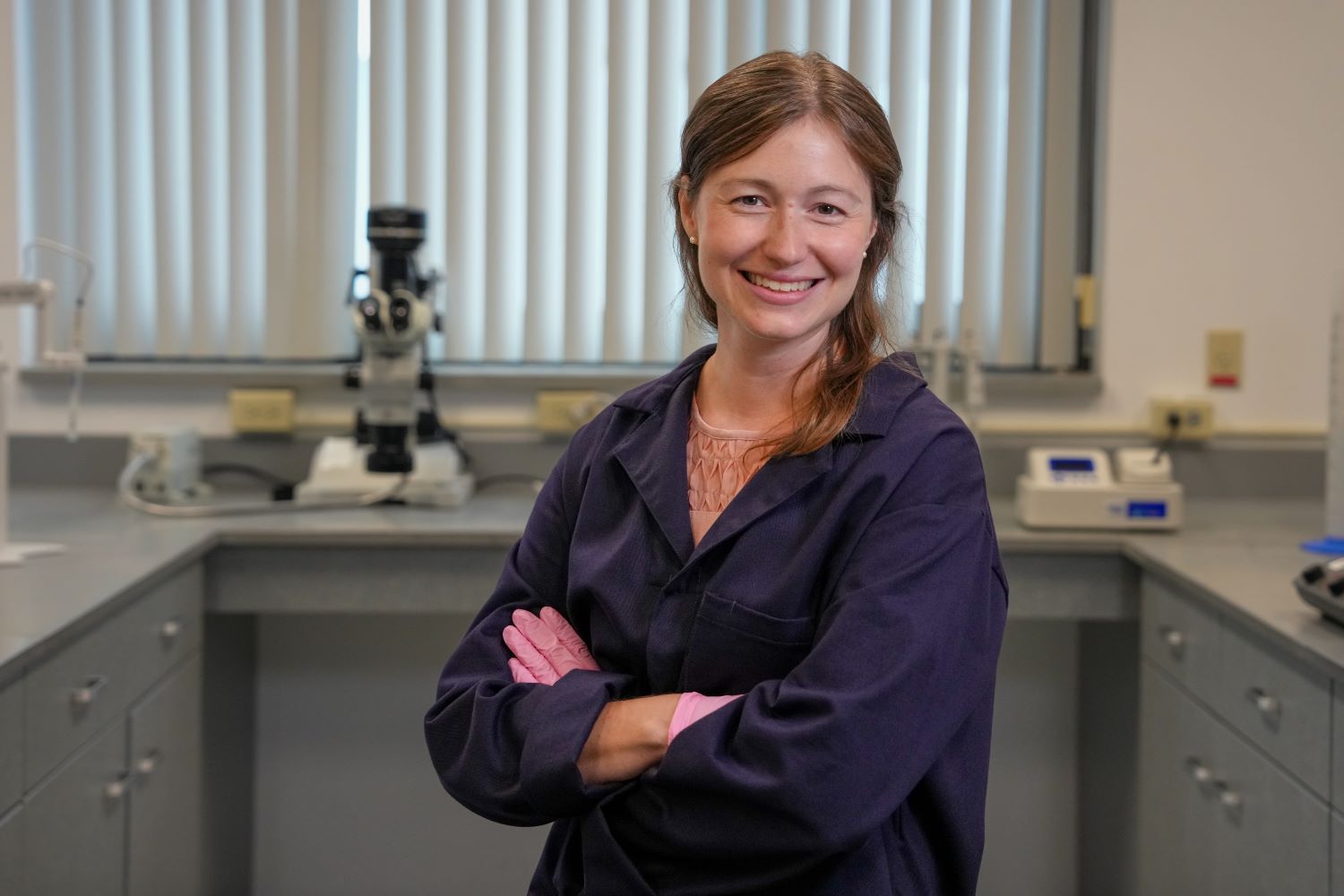
Research Microbiologist, U.S. Army Combat Capabilities Development Command Soldier Center (DEVCOM)
Supporting Connecticut Communities
For over 100 years, UConn Extension has connected communities in Connecticut with the university’s research expertise and advancements. Providing impactful programs and answers residents can trust, UConn Extension has a long history of working directly with all 169 municipalities in our state.
